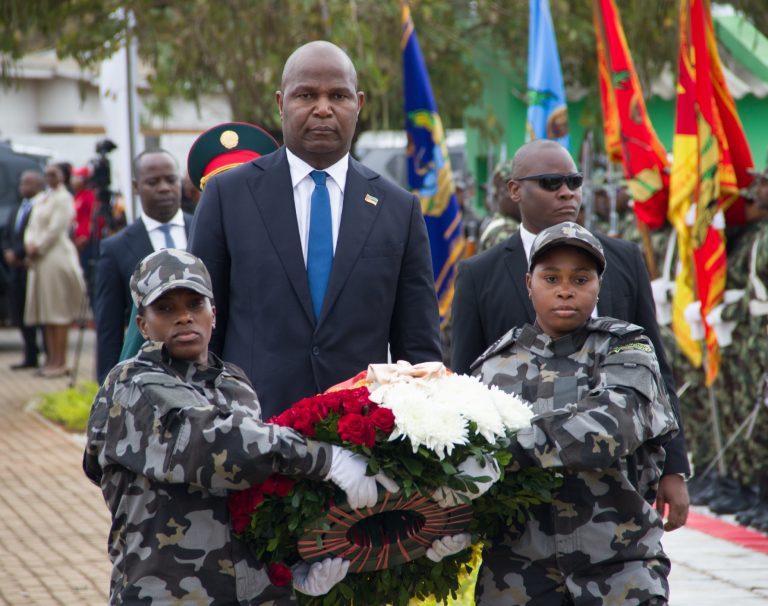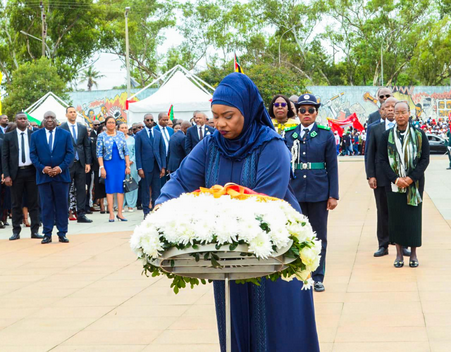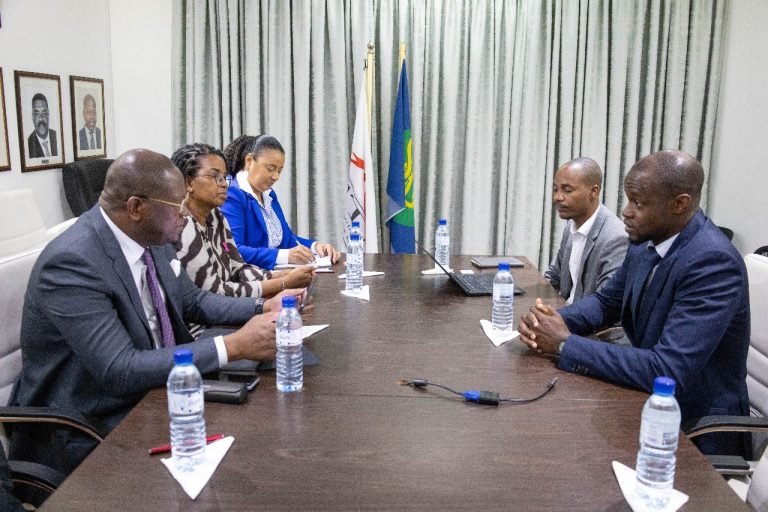
Maputo, 29 Jul (AIM) – The Mozambican Attorney-General’s Office (PGR) recorded, during the first half of this year, five cases of domestic human trafficking for sexual and labor exploitation.
According to assistant attorney-general Amabélia Chuquela, who was speaking on Monday, in Maputo, at the Academic Forum on Human Trafficking, the cases in question took place in Maputo, Tete, Sofala and Niassa provinces.
She explained that these cases are currently under investigation by the Central Office for Combating Organized and Transnational Crime (GCCCOT).
“Indictments were already issued in four cases and one still in the investigation phase. Human trafficking constitutes a serious violation of human rights, and every year, thousands of people – especially women, children, and young people – are victims of this crime, being exploited for sexual or labour purposes”, she said.
According to the 2024 Global Report on Trafficking in Persons, published by the United Nations Office on Drugs and Crime (UNODC), women and girls continue to account for the largest group of identified victims worldwide, accounting for 61 per cent of cases registered in 2022. The majority continue to be trafficked for sexual exploitation, a pattern that has been repeated for several years.
According to Chuquela, strengthening the training and capacity building of professionals is essential for prevention, identification, and assistance to victims, as well as raising awareness through debates, seminars, and information campaigns.
“Combating human trafficking also requires raising public awareness, training citizens to identify signs of grooming, report it, and provide the necessary support to victims. The involvement of academic institutions and civil society organizations in designing effective strategies is crucial”, she said.
“Academia, as a space for knowledge production, plays a fundamental role in understanding the causes, methods, routes, profiles, and consequences of trafficking, contributing to the development of more efficient public policies”, she added.
For his part, the UNODC representative in Mozambique, António de Vivo, said that his organization will continue to support the country in combating transnational crimes.
“In the coming months, UNODC will continue to intensify its institutional support through the implementation of strategic actions aimed at strengthening the technical and operational capacity of actors involved in combating human trafficking in Mozambique”, he said.
(AIM)
SN/Ad/pf (370)






